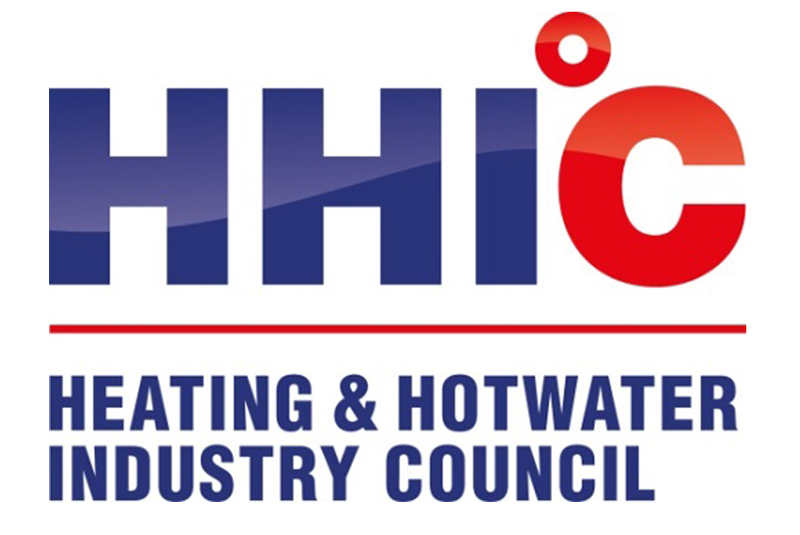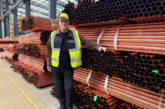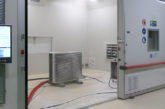
“The Association of the European Heating Industry are right – if we are to meet the new energy efficiency targets announced in the European Commission’s Clean Energy Package, then we must modernise old heating appliances,” says Stewart Clements, Director of The heating and Hotwater Industry Council (HHIC).
His comments come following the increase in the EU’s energy efficiency target from 27% to 30% announced recently.
He continued: “In the UK modernisation means replacing the nine million inefficient boilers currently operating in UK homes, with more modern condensing ones that use less energy, thus reducing household energy bills and greenhouse gas emissions.
“Some would say; if it isn’t broken, don’t fix it. Well, if it could be better, then it’s as good as. But to achieve the scale of change required we will need the Government to develop a policy framework that assists homeowners to make this change.
“Through the Domestic Heat Strategy Group, whose membership includes BEIS officials and representatives from across the heating supply chain, HHIC are working to help develop new policies which can act as a catalyst for improving the UK’s energy efficiency.
“We would like to see the reintroduction of a national boiler scrappage scheme, which has in the past proven to be very successful in helping homeowners to start their energy efficiency journey. We also propose that appropriate heating controls are installed in residential properties at the time a new boiler is installed and that this is mandated in Building Regulations. Adopting this policy will – at little additional cost to consumers and the Government – help to significantly improve energy efficiency.
“Heating accounts for 65% of all domestic energy use and the industry takes our responsibility to assist in reducing emissions and consumer bills very seriously. To this end we recently introduced the ‘Retro Boiler Label’ which is a scheme that sees registered gas engineers issue an energy efficiency label on all non-condensing boilers with a permanent pilot light, when visiting homes to undertake servicing or maintenance work. The aim is to increase consumer awareness of boiler efficiency, in particular the performance of their own boiler, which we hope will result in inefficient and costly boilers being replaced with more efficient models.
“Energy efficiency is a collective responsibility but we need the solutions to be practical, affordable and realistic, and be developed with energy bill reductions in mind.”













